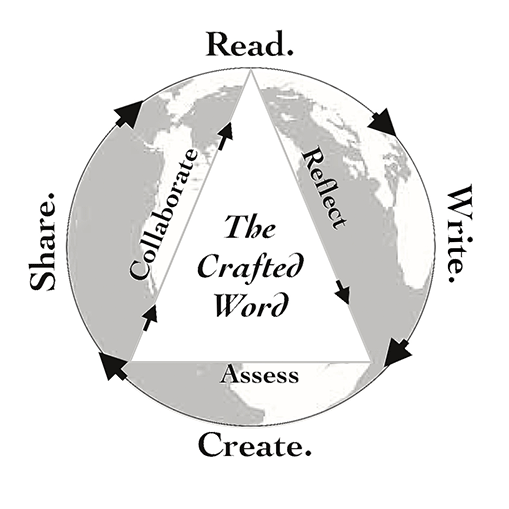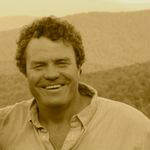
Vocabulary
SAT Vocabulary, Roots, Homophones, & Literary Terms
Stones, Words, & Walls
 Language is the gift—as well as the tool—that allows and enables us to appreciate, understand, and express the complexity and nuance of our inner and outer lives. Our language builds upon itself, and it evolves, as we evolve, to breathe the newest air of the universe. The right words bring clarity to chaos and echo long enough that those who listen will be enlightened, and those who read will be entranced by the mysterious alchemy of a shared language—and it is this sharing of words that we need to focus on. We need to let the words we use bubble up from the broth of shared experience, and as like minds congregate, you will find your audience as much as they will find you.
Language is the gift—as well as the tool—that allows and enables us to appreciate, understand, and express the complexity and nuance of our inner and outer lives. Our language builds upon itself, and it evolves, as we evolve, to breathe the newest air of the universe. The right words bring clarity to chaos and echo long enough that those who listen will be enlightened, and those who read will be entranced by the mysterious alchemy of a shared language—and it is this sharing of words that we need to focus on. We need to let the words we use bubble up from the broth of shared experience, and as like minds congregate, you will find your audience as much as they will find you.
I worked for a number of years building stone walls for John Bordman—a brilliant and ornery yankee curmudgeon who was insistent that every wall be a testament to eternity—in the hopes that I could learn everything I needed to learn about this “piling on of stones.” From early on in my apprenticeship, he would leave me at a site for hours on end to pick through a mountain of stone trying to find the stones that would “fit together” to make the wall. I placed my stones and squinted at them from a distance (just like John) to see if the hand of gravity (and not the vanity of man) had placed the stone. Invariably, when he returned, he would calmly and quietly destroy ninety percent of my day’s work. As critical as he was of society, he rarely crushed my fragile ego by criticizing my efforts. Instead, he would say things like, “Damn hard to find good stones in this pile!” While in the same breath he would add, “But, it’s all we have to work with.” He would then go on to craft a magnificent wall—a wall that will last for centuries—walls built out of the material at hand, walls that only a true connoisseur of stone walls will appreciate.
It didn’t take long to figure that building stone walls would take its toll on both the body and the fingers of a fledgling folksinger; however, in my world of metaphor, I carry those same stones with me as I struggle to build a song, a poem, a story—or this. Words are the stones we work with; and the more stones in our pile, the more we can build the wall of our dreams; but, equally important is the reality that a pile of good stone does not make a wall—as a thousand new vocabulary words won’t make you a better writer. John Bordman never went out and bought more stone just to have more to choose from; instead he always bought good stone in the first place: stone from walls that edge the fields (and what once was fields) all over New England—hand-picked stones culled from the wisdom of his experience: big, solid, interesting stones, already weathered by the storms and vicissitudes of time.
It’s not so much that we need a lot of obscure words as much as we need good words—and we need to recognize good words. If our experience of life is limited and shallow, our big words will only impress small minds, and they will alienate the truly wise. We need the experience of words used well: words used in elevated writing; words used in great speeches; words we hear and read and feel in meaningful ways; words that we see actually working to bring sense to the senseless.
A truly extensive and effective vocabulary is built on an attentiveness to precise language. It means embracing the world of words used well; it means turning off asinine TV; it means measuring a book by the possibilities it presents, not by its rank on the best seller lists, and it means discussions informed by wisdom and decorum—not polemics or politics. If you are a writer, it means entering your writer’s space with an open and disciplined mind. It means learning the craft and recognizing the art of writing well.
Words mean a lot…
~fitz
The Top 100 SAT Words
SAT Vocabulary 1-50
SAT Vocabulary 51-100
The Top 100 Roots
Roots 1-50…
Roots 51-100…
More Useful Words
Literary Terms…
Common Homophone Errors…
